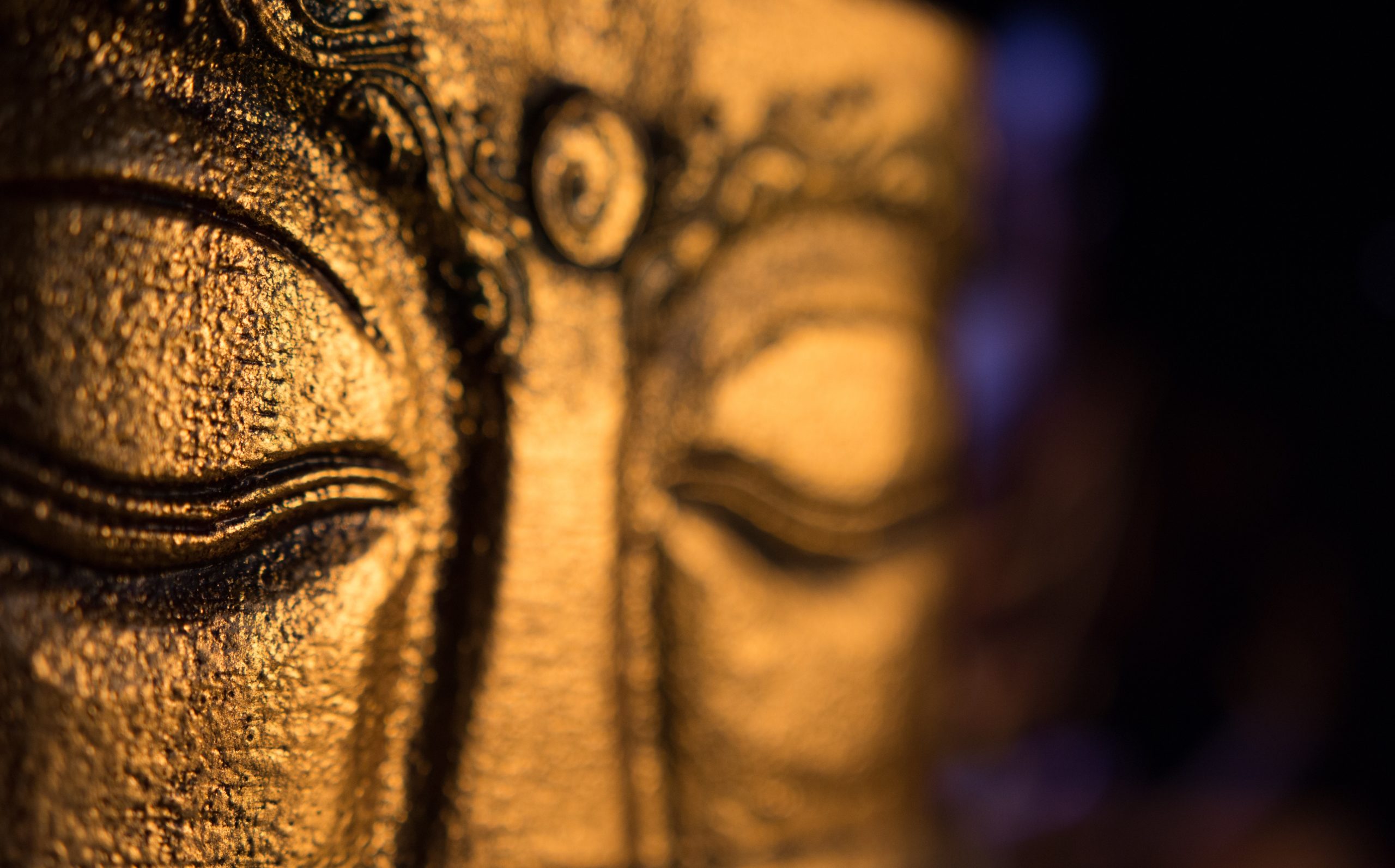
19 Nov How to Know Your Knowing
Purpose-driven entrepreneurs and professionals are compelled by a different ‘hum’ in their lives. They have a knowing that there’s something more, they want to make a bigger difference, they have a unique power that they are driven to share to create value. But sometimes they don’t have a grip on what – exactly – is their knowing.
Knowing is probably one of the most elusive concepts I teach in working with my clients (and myself!). It’s ironic that ‘knowing’ feels so uncertain.
My theory is that we are socialized out of trusting our own knowingness, and taught to depend on external credibility for a lot of things – validation, approval, permission, proof, measurement, and more. It’s natural that something as intangible as ‘knowingness’ is so difficult to pin down and call out as a certainty.
There are still societies living in remote parts of the world that only rely on knowingness to live their lives. Intuition, instinct, trust, faith and perception are the keys to their world. What would it be like if we could do that too, surrounded by all the other gifts of the Western world but not dominated by them?
Knowing What You Know
There are a few things that I have discovered that really help anchor how to know what you know. In random order, here goes:
1) Trust that you are always getting your messages, in right timing, to the degree that you can interpret, take them in and do something with them. (If they’re too far ahead of where you are in the moment, you won’t have a frame of reference for them – but they’ll come back again when you’re ready…)
2) Have faith that you retain the power of free will in acting on what you know. And you can always choose different if your results aren’t what you want / expected.
3) Be responsible and accountable for what you ‘know’ – just as you can’t un-ring a bell, you now have access to information you didn’t before and that becomes part of the fabric of your life. Denial is not really an option.
4) Let your body help by feeling your knowing; give yourself the experience of understanding your physical language of knowing. (Hint: play with that by holding something in your hand and asking if it’s optimal for you – if your body leans in, that’s a yes.)
5) Nobody else can ‘know’ for you better than you can… this is all about internal authority over your domain, regardless of what you see with your eyes (circumstances, relationships, opportunities, resources, environment and more).
6) Knowing can be contrary to what you expect / want. Try not to judge the messages you get.
7) Your ‘knowing’ will always add to your life experience in the long run and, generally, does not hurt someone else. (However, if your ‘knowing’ says it’s time for a relationship to end, that may hurt as this situation gets resolved, but it’s necessary for growth – and, usually, for both of you.)
By allowing your knowing to express the truth of who you are in your life and your purpose-driven choices, you are stepping into a new way of being.
While the process of trusting what you know usually contains a lot of “I don’t know” (how to do it, if I can, where the resources are, etc.), that is the jumping off place for your innate knowingness to kick into gear. It’s really where you want to be – the place of not knowing so you can be open to perceiving what you know at a much deeper level.
And that is what will help not only you but the world around you most…simply knowing what you already know.



